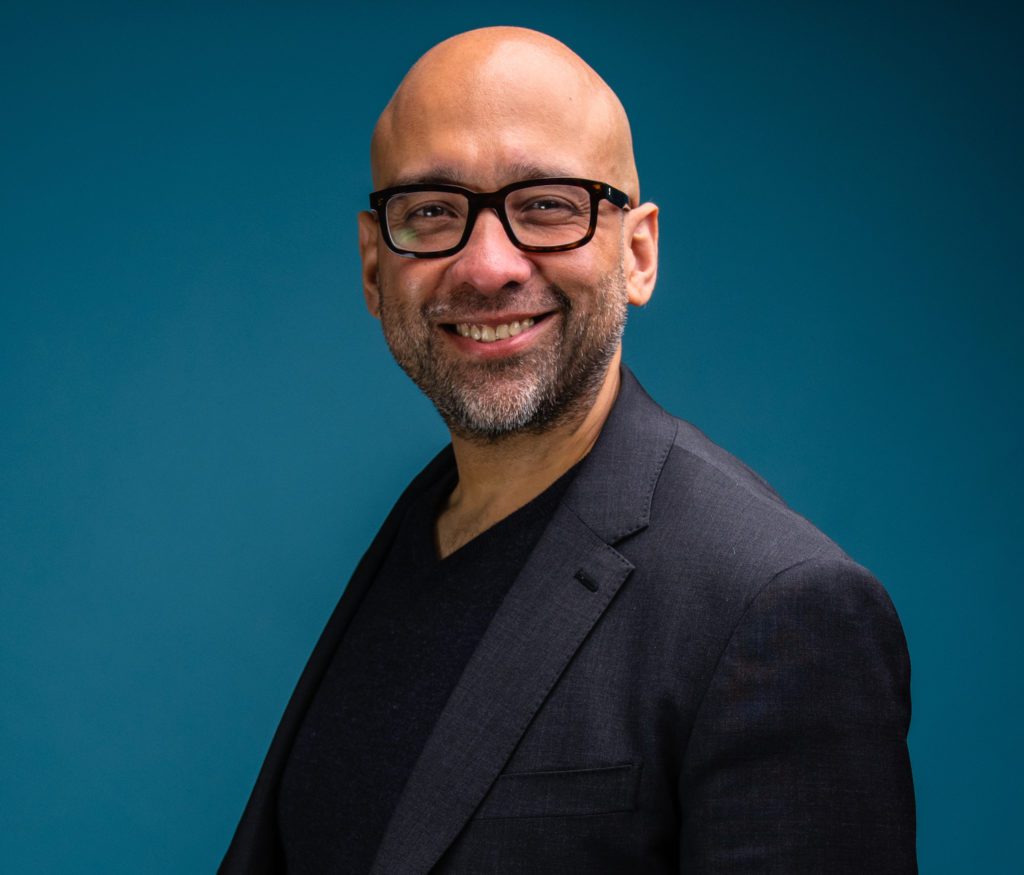
David Cancel is a serial entrepreneur—during the 2000s, he started four companies and sold them all. But when he founded Drift in 2014, he didn’t want to just start another company in order to sell it again.
“It had to be conceptually big enough of an idea that we could grow this company for a long time and maybe eventually go public,” Cancel says. At the same time he was contemplating a new venture, he observed a shift going on in the world in marketing and sales technology. His previous companies were built at a time when marketing and sales teams within businesses dictated the buying process. Since then, the world had fundamentally shifted to a place where the buyer had more power.
He says there a number of reasons this has happened. “There are zero distribution costs any more…that used to be a major barrier to entry. And because of that, it’s so much easier to start companies and buyers can bid by competitors in every market. And because of the internet, information is in the hands of the buyer, even more so than the company. So, all these trends were happening at once and that’s what got us to start [Drift].”
Drift’s conversation-driven marketing and sales platform allows companies to have direct conversations with buyers through chatbots. In five years, the Boston, Massachusetts-based Drift has raised over $100 million in funding and seen 200% growth in just one year. Chief Executive spoke with Cancel about being a private equity backed CEO, what he has learned from being Harvard Business School’s Entrepreneur in Residence and more.
Below are excerpts from this conversation.
What lessons have you learned in being a private equity CEO?
There is no one size fits all. You have to understand what are the characteristics of the type of company you’re trying to build. For us, we weighed capital from several venture capital firms. I’ve done that a lot of different ways in starting companies. I understand what the needs are there. What they’re betting on as they’re trying to find these category killers, people who can create categories or people who can be leaders in categories. It’s a very specific profile and company that they work with.
Where some CEOs might get tripped up is wanting to access that capital, but still wanting to run their company like a wholly owned enterprise. The characteristics are totally different as are the expectations. For us, it made sense to go the venture capital route for a couple of reasons. Getting back to the beginning, we wanted to build an enduring company. You want to eventually try to take this company public. And if we are going to try for that, what are we going to need? If we’re going to do that, we’ll probably need to raise money at some point. We weren’t going to try to run this like a bootstrap company or sell it when we were small. And that goal aligned well with our investors. My counsel to CEOs is know what kind of funding kind of arrangement that you and your company need and know what expectations that come with that funding arrangement.
What does being the entrepreneur-in-residence at Harvard Business School involve?
I make myself available every month. I go to the Harvard Business School campus and do guest lectures in classes and all that kind of stuff. All the students have access and can book time with me. They can book half hour to hour spots and can bring to me ideas that they’re working on. I’m available as a resource for all the students. I spend time doing that. There’s other stuff that’s involved too, such as events and speaking and that kind of stuff. But really, it’s spending time with the students and I’ve learned a lot from them. We’ve hired some of the students. It’s been great. I’ve also learned that entrepreneurship and starting a company is like an illogical thing to do. That’s how I think about it. And the more rational you are, the more logical your thought processes are, which [includes] most of the people in the business school, the harder it is to talk yourself into starting a company, especially if you’re somewhere like Harvard Business School. In today’s economics market, you have infinite choices. You can start a company. You can join a consulting firm. You could basically take any job in the world coming out of Harvard Business School…so to try to rationalize bootstrapping and starting a company from nothing is a tough thing.
What advice do you have for your fellow CEOs?
Number one, you have to take time to digest things. So for me, I do that by hiking, listening to podcasts, listening to audio blogs, spending time without looking at my phone and just taking time to digest things. The second thing is, which is taking me longer to learn unfortunately, is learn from others. I think that has really taken me a long time to learn. I’m not sure why, but I learned most of my career through trial and error. We don’t have to learn that way. You can learn from others. And that’s what I was doing recently at lunch with this other CEO. I’m trying to learn from his experience. I’m trying to learn from him. Also, I read a lot of books and recommend books because I’m trying to learn from others. But it’s taken me a long time in my career to just figure that out. For some reason I wanted to learn everything my own.







